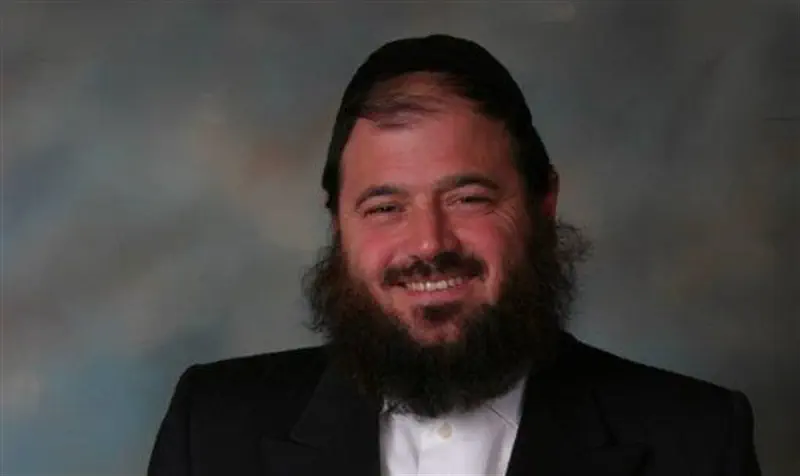For the past two decades, Rabbi Yakov Horowitz has worked in the American Jewish Orthodox community to combat child abuse. Now, this 57-year-old father of five from Monsey, New York, is looking to raise awareness among Orthodox Jews in Israel on the issue of child abuse, and teach parents how to keep their children safe.
As Director of the Center for Jewish Family Life, Rabbi Horowitz recently visited Israel to promote the Hebrew translation of a children’s book aimed at teaching kids how to stay safe.
Thanks to a grant from Mrs. Estanne Fawer, the organization was able to distribute 5,000 copies of the book to haredi families in Israel. Published in English nearly a decade ago as Let’s Stay Safe! by Bracha Goetz, Rabbi Horowitz hopes the Hebrew version, Lvetach (Be Safe), will help not only Israel’s haredi community, but Religious Zionist families as well.
During his trip to Israel, Rabbi Horowitz met with a number of rabbis from the Religious Zionist community, who praised his efforts to raise awareness on the issue of child abuse.

Among the rabbis he met during the trip were Rabbi David Stav, chairman of the modern Orthodox Tzohar organization, and Tzfat Chief Rabbi Shmuel Eliyahu.
"For the past 15 years we've been really focusing on child abuse prevention, trying to teach children how to prevent abuse. It's actually fascinatingly easy. The abusers look for children who are naïve about their bodies, who are naïve about their ability and the right that they have to keep themselves safe, for their own personal space, and they look for children who aren't tight with their families.," Horowitz told Arutz Sheva.
"Once you understand that the adults are afraid of educated children, because those kids are going to tell their parents, and the kids are self-aware, [things can change]... The grooming process is that they look for kids unfortunately who are easy for them to abuse... My real passion is educating parents, so they can have comfortable conversations with their kids in the first place."
Rabbi Horowitz explains why different versions of the book were produced, beyond just the English and Hebrew editions: "The norms of the communities are different, that's why we made different versions of the book. It should look like the children's lives. So the background, the toys they play with, what their apartments look like... But of course norms are different. A typical haredi community is more sheltered, they'll have less media, internet, TV.
"So it becomes much more important to get this information to them because the children tend to be more naïve. I raised my children in a haredi community; I'm very proud of the fact that we were able to insulate them and shield them from it, but it becomes deadly in this issue of child abuse, if they're so sheltered that they don't understand that there are people there who might harm them, and that they need to be educated about their space."
"Things are changing; people are understanding, even in the most haredi communities. Believe it or not, I got a phone call from one of the communities outside Jerusalem that was transplanted from Meah Shearim. They called me in America a couple of weeks ago and ordered 250 books, of the haredi Hebrew [edition] to give out to the parents at a seminar that they were doing. So things are changing."